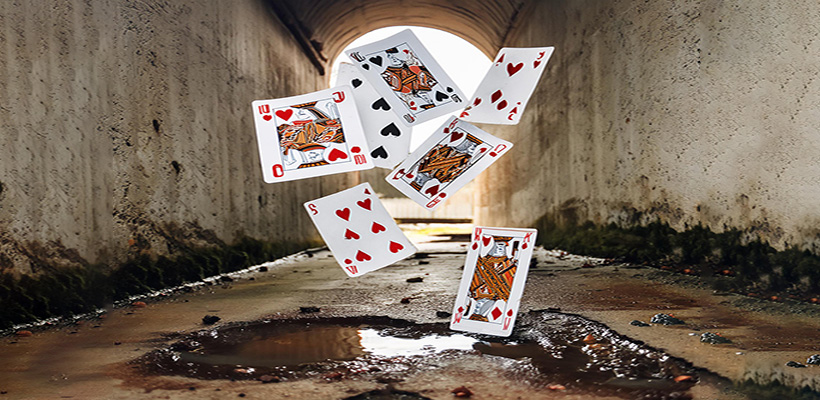
In 2018, the United States Supreme Court issued an opinion authored by flag fan Samuel Alito which removed any barriers to legalized sports betting. In the half-decade since, sports books, particularly online ones, have exploded. Over 40 major online bookies now operate in the United States, accounting for over $30 billion in annual revenue. Most major sports leagues have embraced betting, with odds and lines becoming a frequent facet of broadcasts.
With this has come a flood of expected but still scandalous incidents of corruption. Last season, the NFL suspended four players for betting on games. At the beginning of this year, Dodgers’ star Shohei Ohtani’s translator purportedly stole millions from the designated hitter to fuel out-of-control betting. Toronto Raptors player Jontay Porter, to pay off his own gambling debts, agreed to skip and tank games. And those are almost certainly the tips of the iceberg. Clearly, the gambling industry has figured out how to prey off certain types of thrill-seekers. What a paper published in JAMA Open earlier this year found is that they’re also preying on hazardous drinkers.
Joshua Grubbs, PhD, of the University of New Mexico, Albuquerque, and Shane Kraus, PhD, of University of Nevada, Las Vegas, surveyed 4,363 U.S. adults, including both self-reported gamblers and individuals with similar demographic characteristics whose gambling was unknown. The results emphatically pointed to alcohol and gambling as co-occurrent risks: among reported nongamblers, 7% were weekly binge drinkers and 1.6% daily or almost daily binge drinkers. Among sports gamblers, those rose to 18.6% and 8.1%, a stunning rise. Surprisingly, when compared to individuals who gambled but did not bet on sports, sports gamblers were still substantially more likely to be binge drinkers.
The survey was a cross-section, meaning there was no “before” or “after”, which makes it difficult to ascribe cause from it. What is clear, however, is that the individuals most likely to be hurt by Big Alcohol are also most likely to be hurt by Big Sportsbook. It’s not hard to see the overlap; the alcohol industry spent over $480 million on sponsorships of major U.S. sports leagues. Because the top 10% of drinkers consume 60% of alcohol, this means the industry is betting on using these channels to reach that most vulnerable population. The betting industry is using the exact same channels, and it should come as no surprise if they are hitting very similar individuals in very similar ways.
Yet questions remain about the nature of the relationships between excessive drinking and betting: do people who are riding a bet change their drinking behavior? Do drinking behaviors change with winning or losing streaks? Are bets more likely to be placed when intoxicated than when sober? And are people whose drinking leads them to need help for alcohol also assessed for problem gambling, and offered equivalent care?
No matter the answers, the fact remains that industries that rely on harmful behaviors can thrive off the same victims. As these industries expand and are embraced by major aspects of our culture, the need to call out exploitative marketing practices only grows. Freeing Our Sports has never been more complicated, urgent, or necessary.
READ MORE about Freeing Our Sports

 English
English Spanish
Spanish